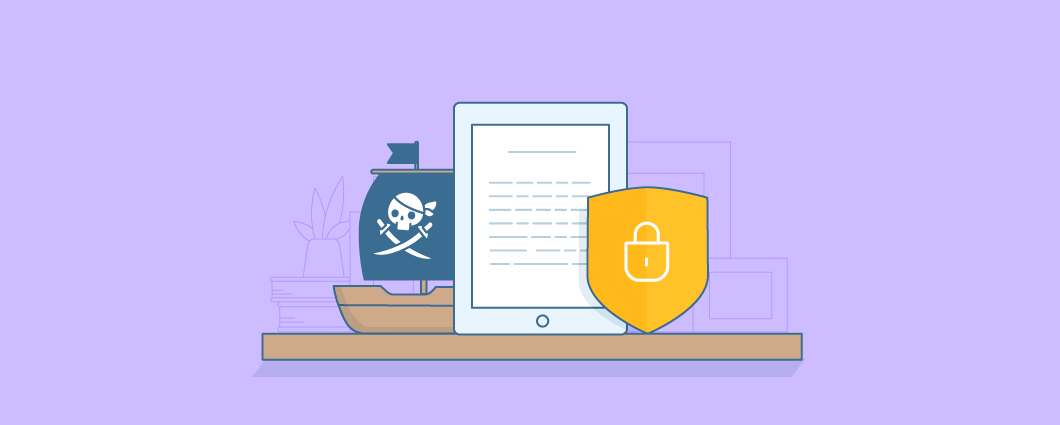Pirating in the film industry revolves around stealing content from filmmakers and using it to share to others. While in the past it was not easy to steal content, modern advancements in technology have made it much more accessible and possible today to make pirating a norm.
Digital piracy is everywhere and comes in many forms – from television content to the illegal streaming links, and the sharing of OTT platform passwords. Consequently, businesses are looking for piracy security so that they have the ideal system that can go the extra mile and deal with the issues that come with piracy.
Fortunately, there are some companies that have been making it their goal to serve as an ideal platform to stream films while also ensuring peak security to prevent piracy from occurring. An example of such a company can be Cinedapt – a revolutionary form of entertainment technology that provides personalized experience for viewers through enhanced creative freedom for filmmakers and enabling anti-piracy tracking for investors.
The company was founded in 2017 by Michael Kureth and its technology was initially copyrighted in 2007 as the World’s First Online Movie Theater and patented in 2008. The streaming service offers dynamic content of the movies that are brought together to present their viewers with the best user experience. The platform makes use of AI and machine learning to create an emotional connection with their audience by adapting to the content on various psychological levels to provide the best user experience and yield higher returns.
Additionally, through the patented anti-piracy tracking, Cinedapt can prevent intellectual theft of film. This way, they ensure a similar level of confidence in federal law enforcement to identify and prosecute criminals through the tracking system within their platform.
Naturally, this has allowed independent filmmakers and many popular studios to stream their visual works online without having to make it vulnerable to piracy. And as a company that has been dealing with piracy issues for years now, here are a few things they have shared on how one can prevent others from pirating their content.
Educating Audience
The first thing you need to do is to educate your audience because a majority of them do not even realize that piracy is an illegal thing to do. It is time to protect your content by empowering your audience with the right knowledge.
Some ways to spread awareness is to either add short ads during your content or even add warning strips at the bottom of the screen. Or if you have a TV show, you can use that platform to remind them of piracy issues and the fierce consequences it can lead to.
Restricting Video Playbacks
Try to control the concurrent use of premium accounts by restricting the total watch time for every user. Typically users will not watch a motivational speech or a lecture twice or thrice so depending on your users behavior, you can restrict the playback. This way, it ensures that your video is not being watched by multiple people without them rightfully paying for the viewing.
Blocking Credential Sharing
Since the consumption of video content has shifted to OTT platforms, credential sharing has become a major problem. Companies end up losing chunks of their revenue due to multiple people using the same account.
Consider using in plug-ins to control simultaneous logins and you can control concurrent logins through generating a brand new ID every time the account is logged into so that it prevents any potential issues with piracy from occurring.




